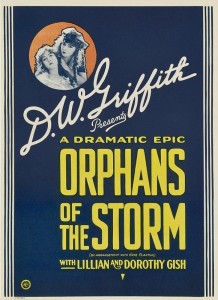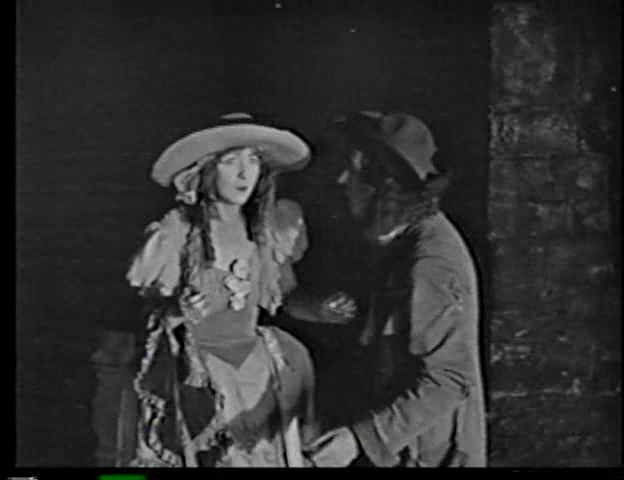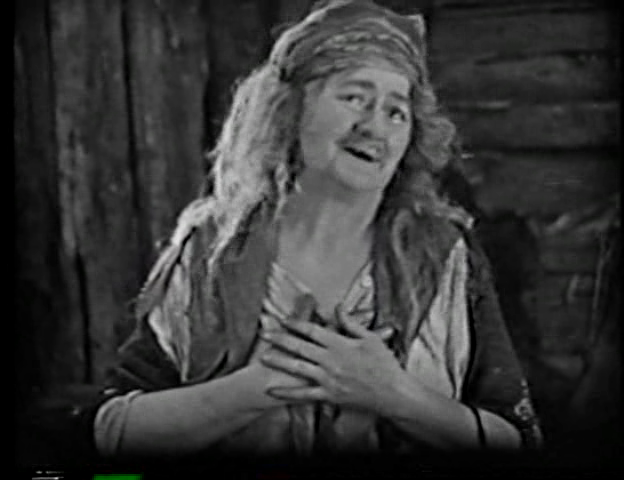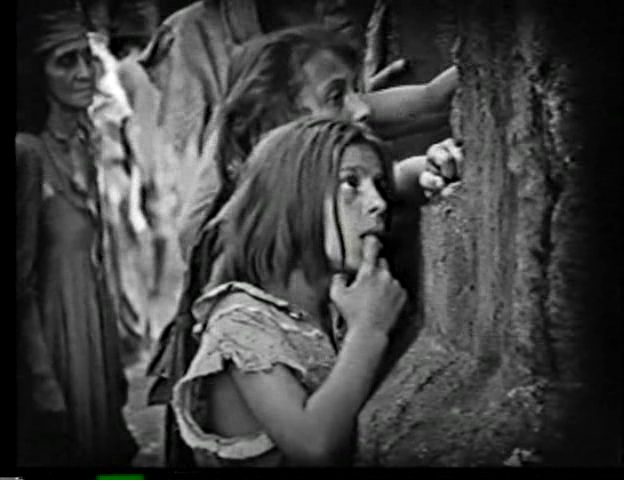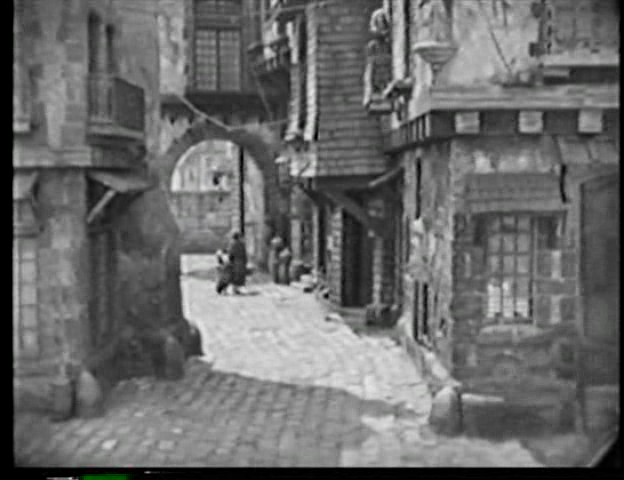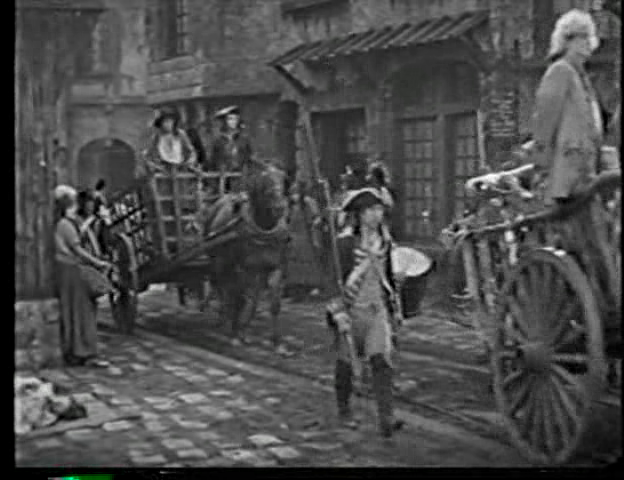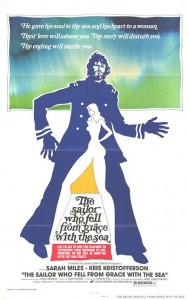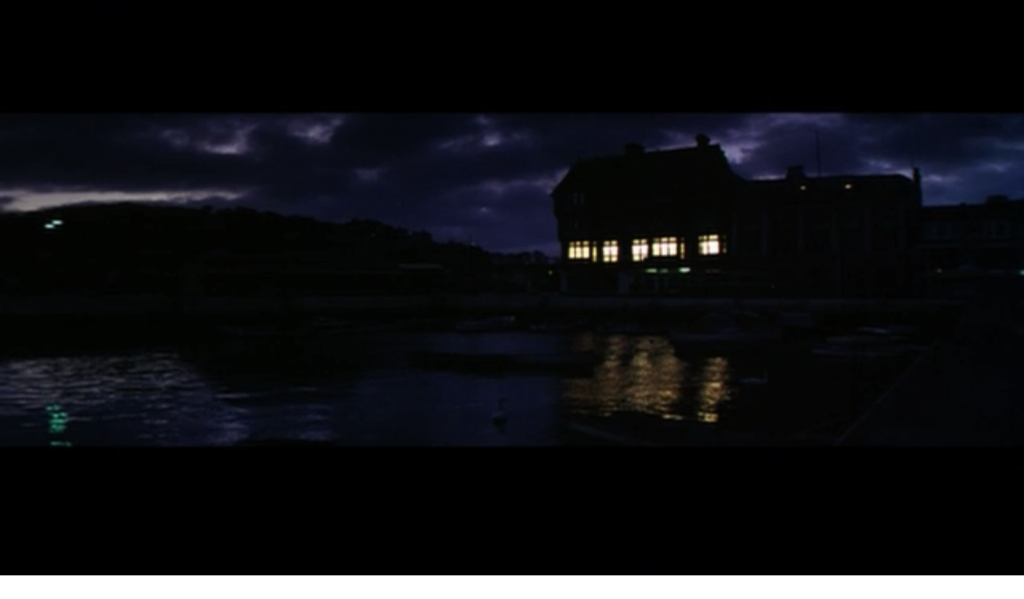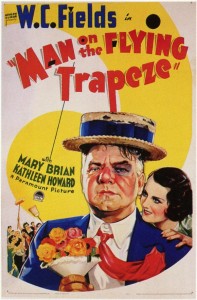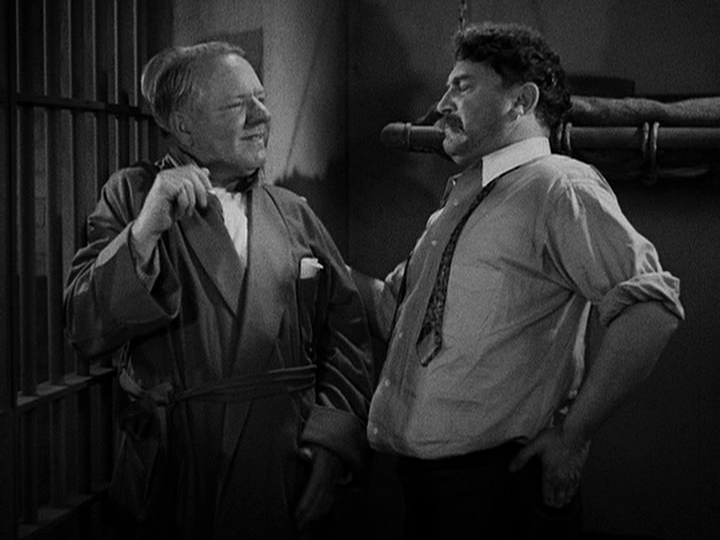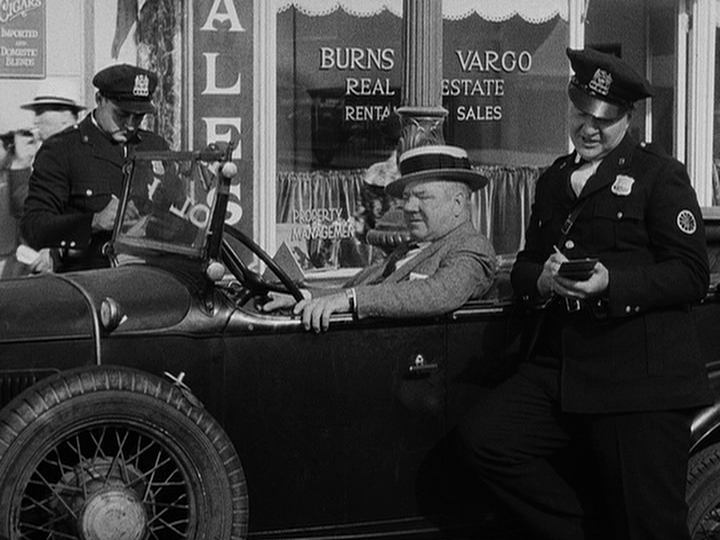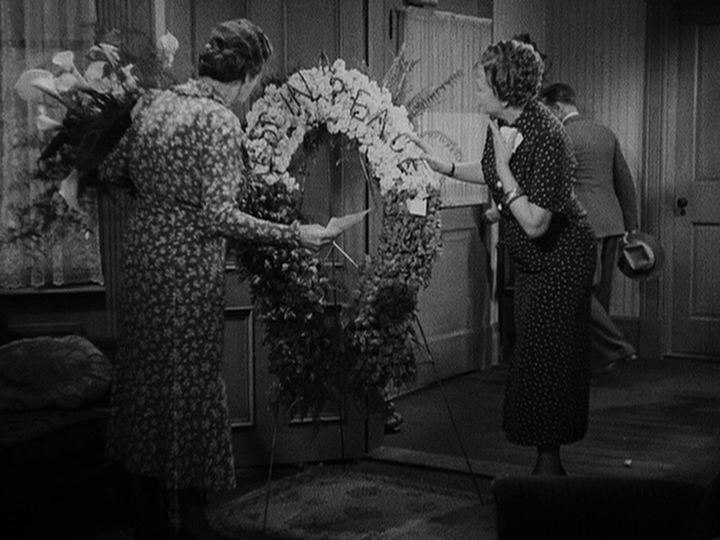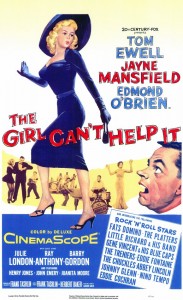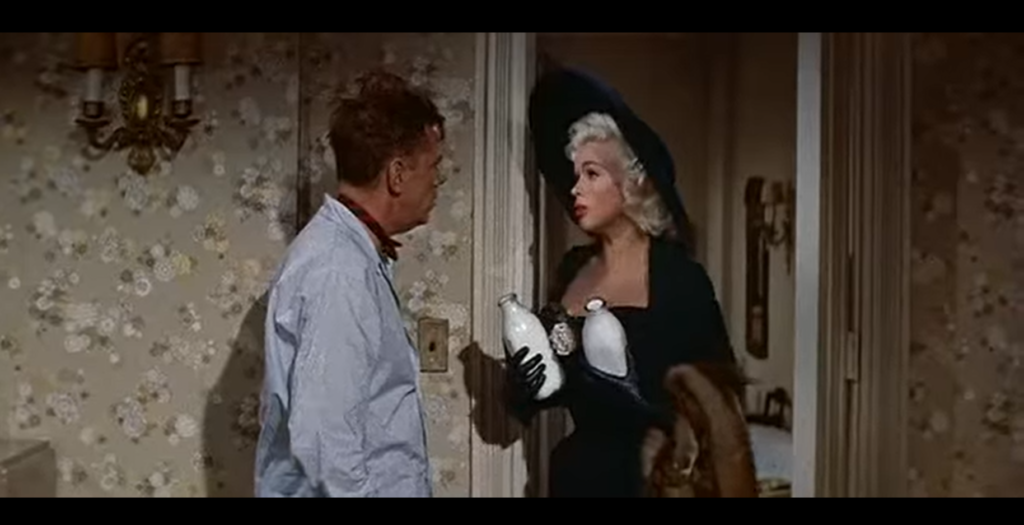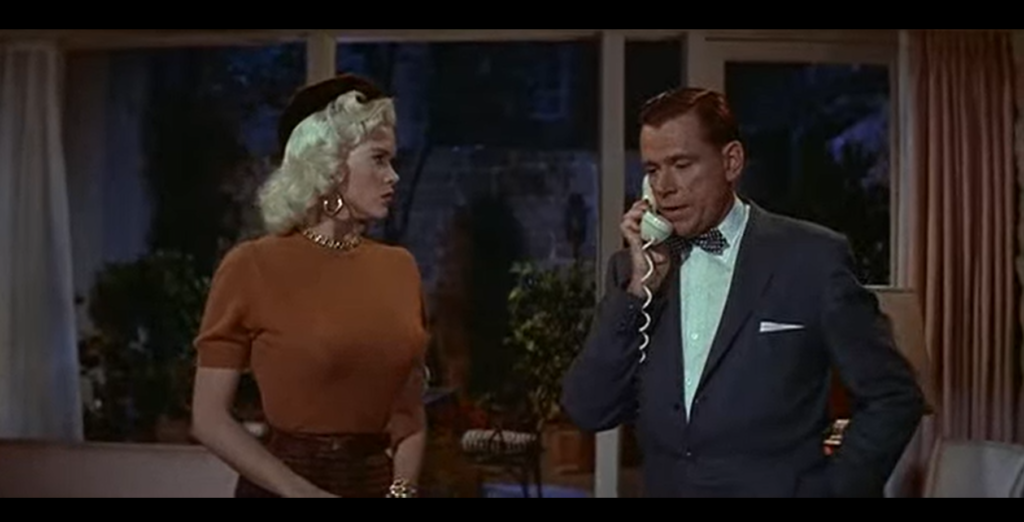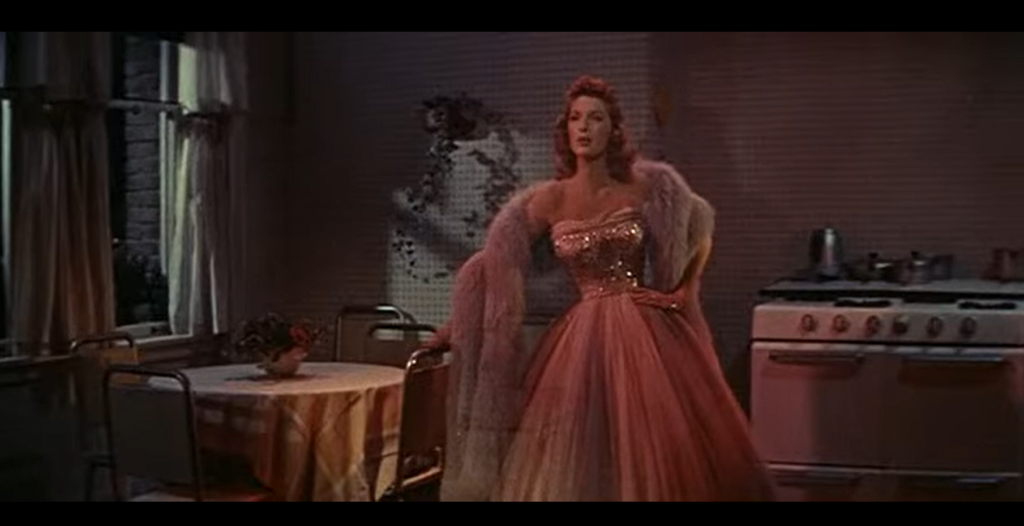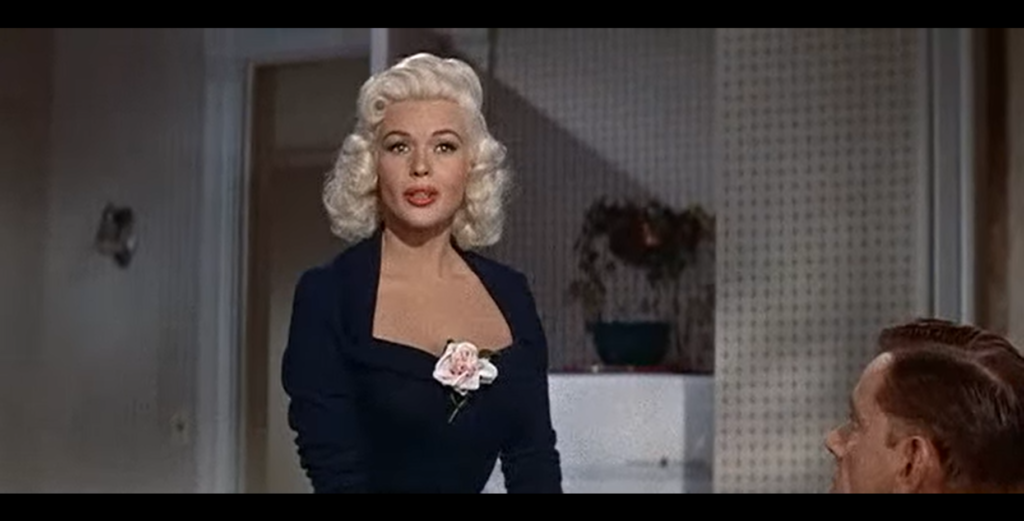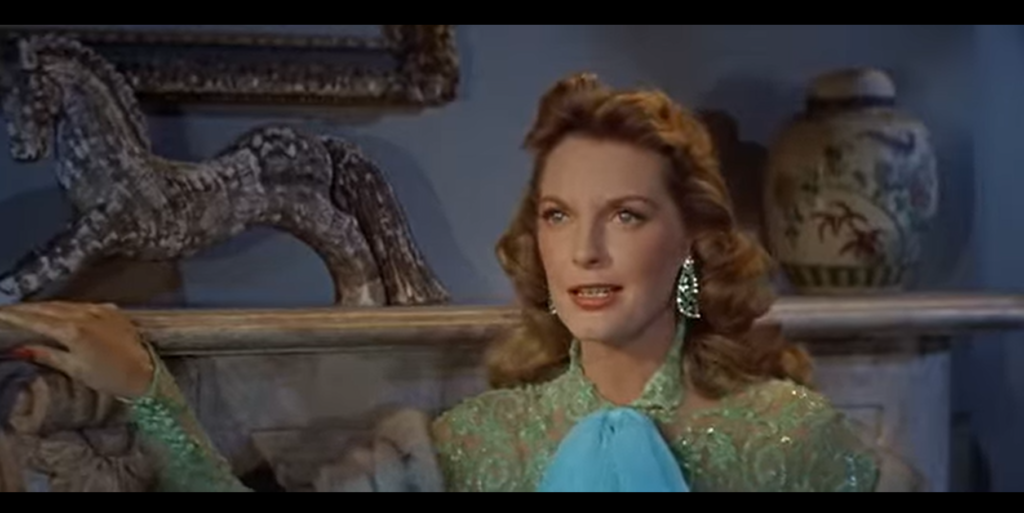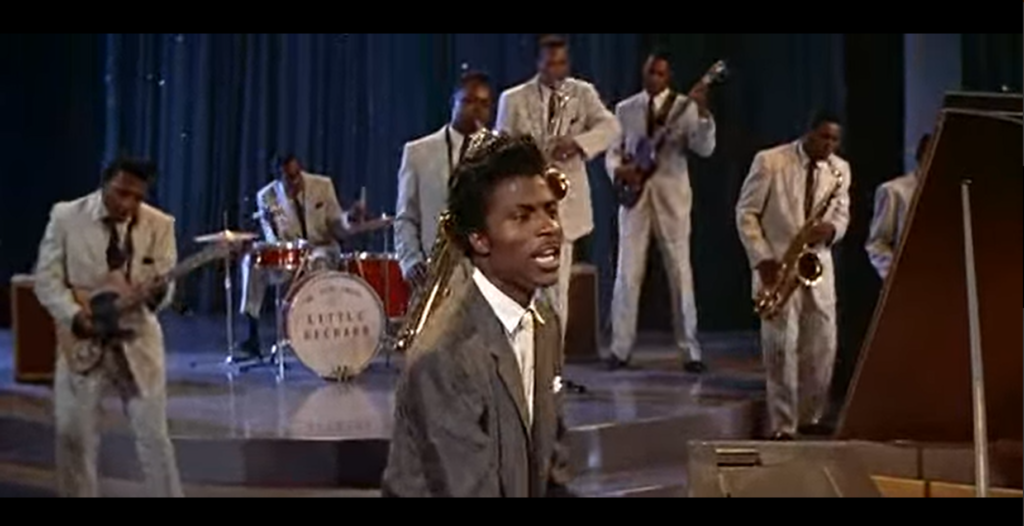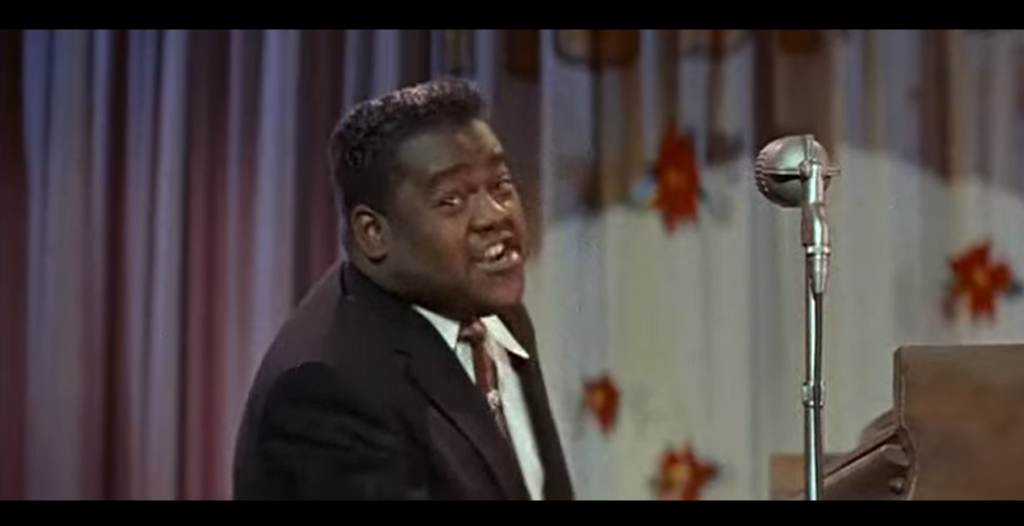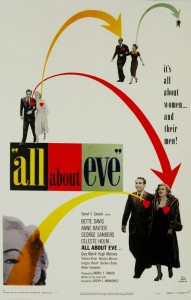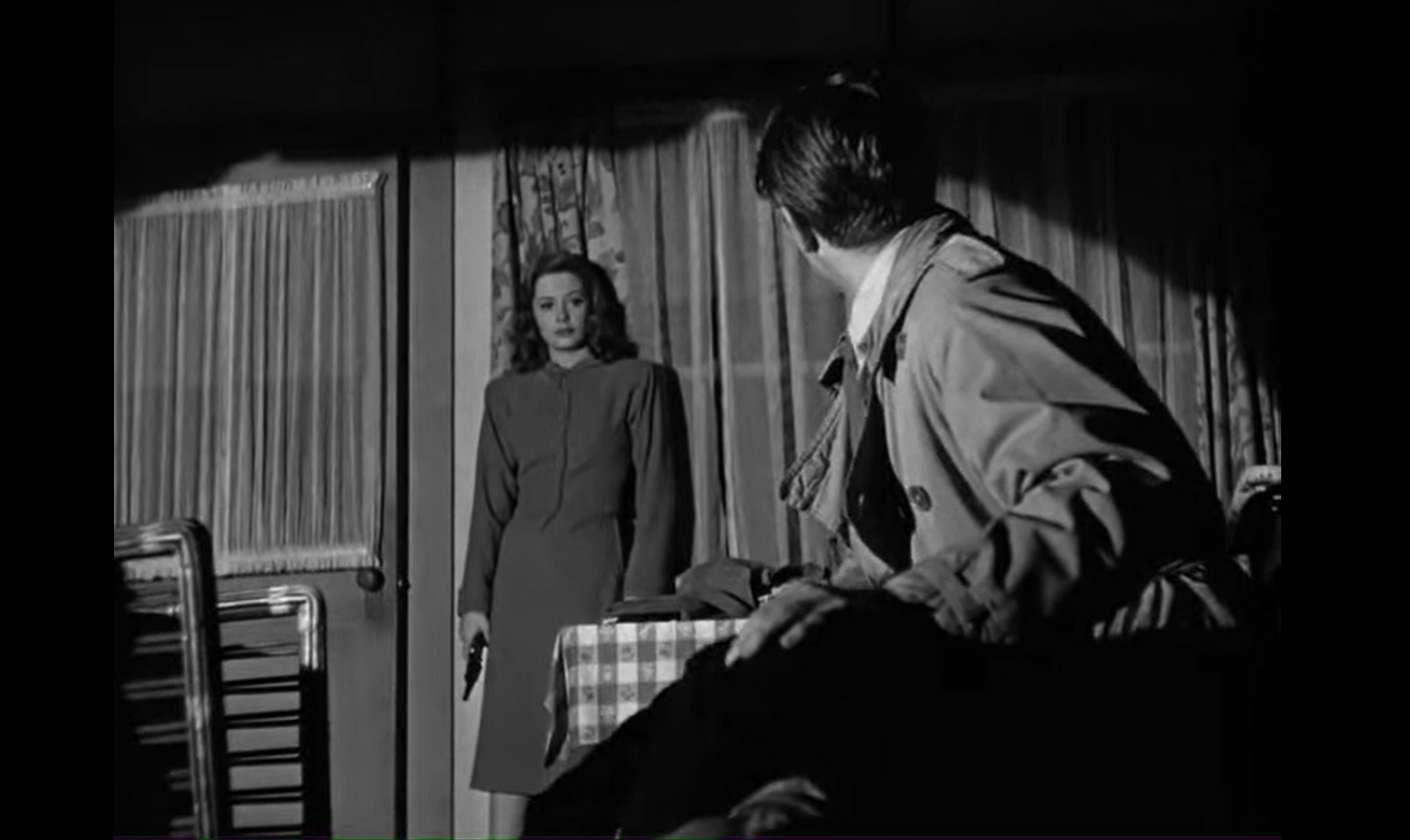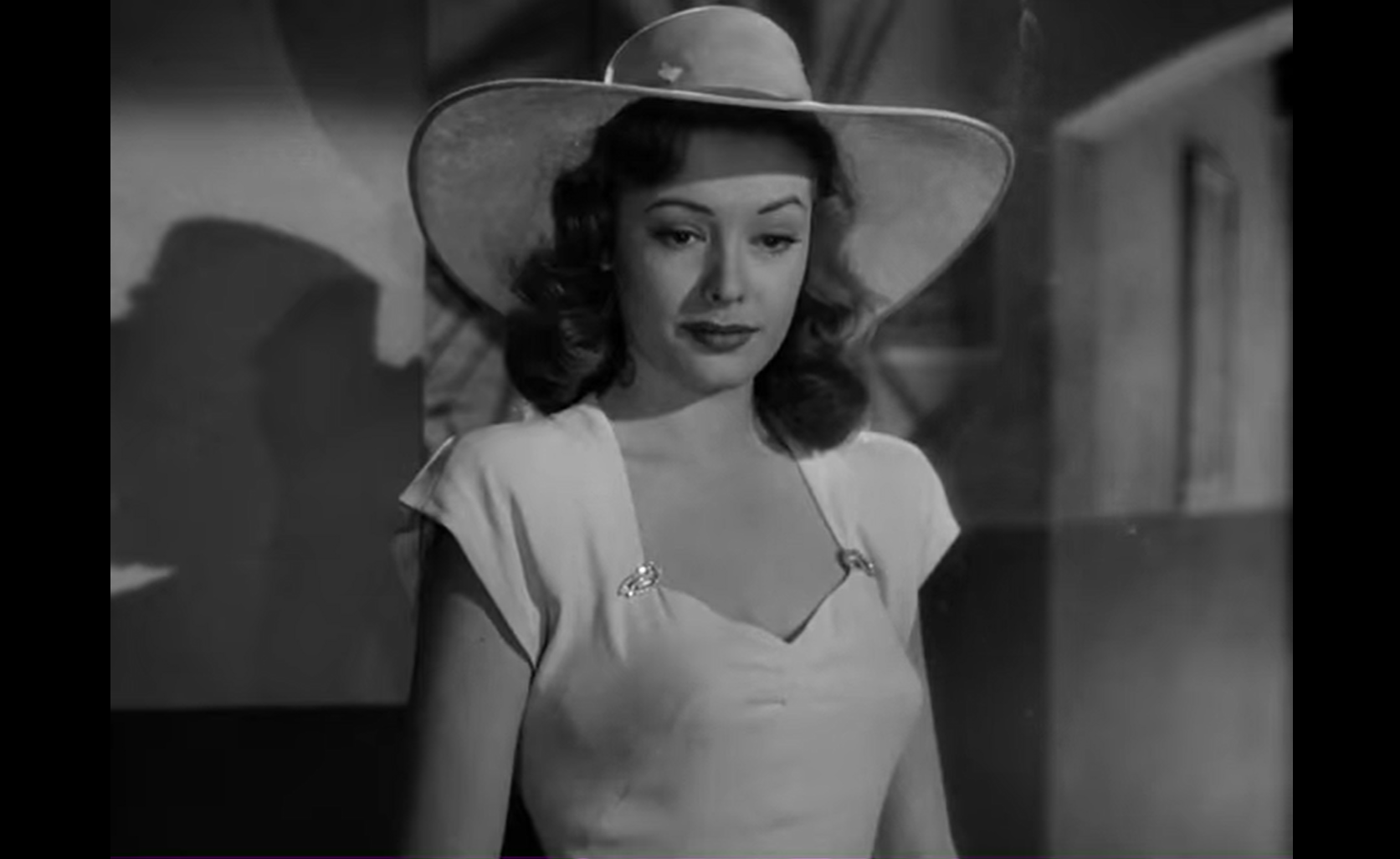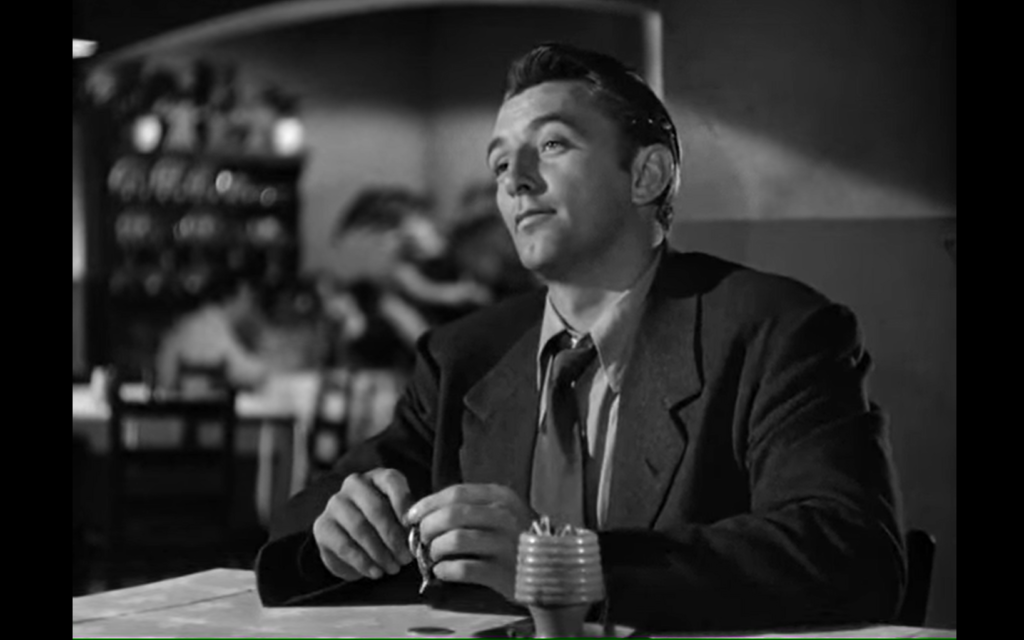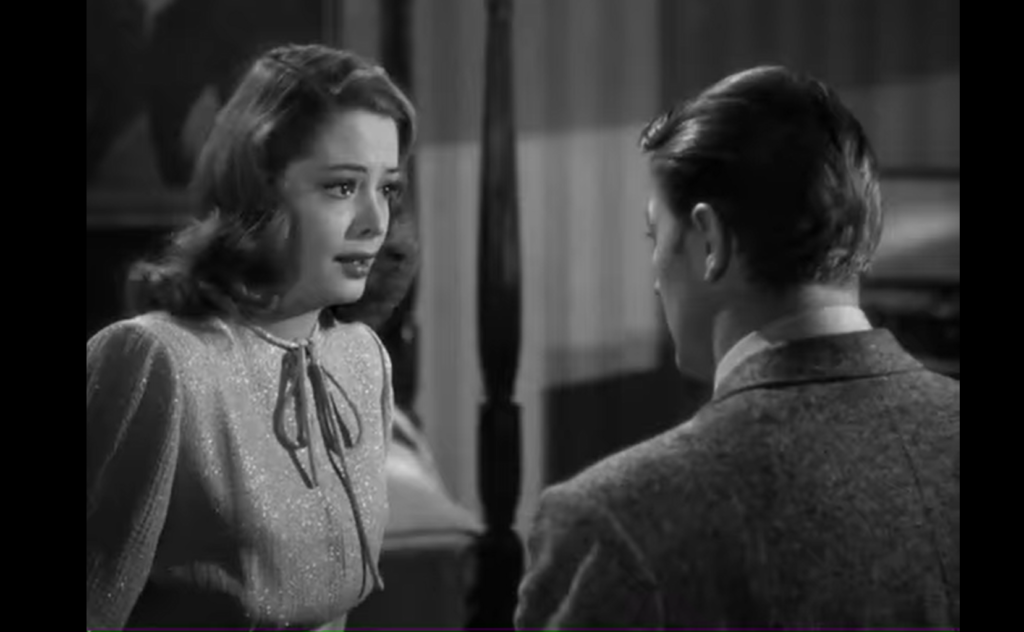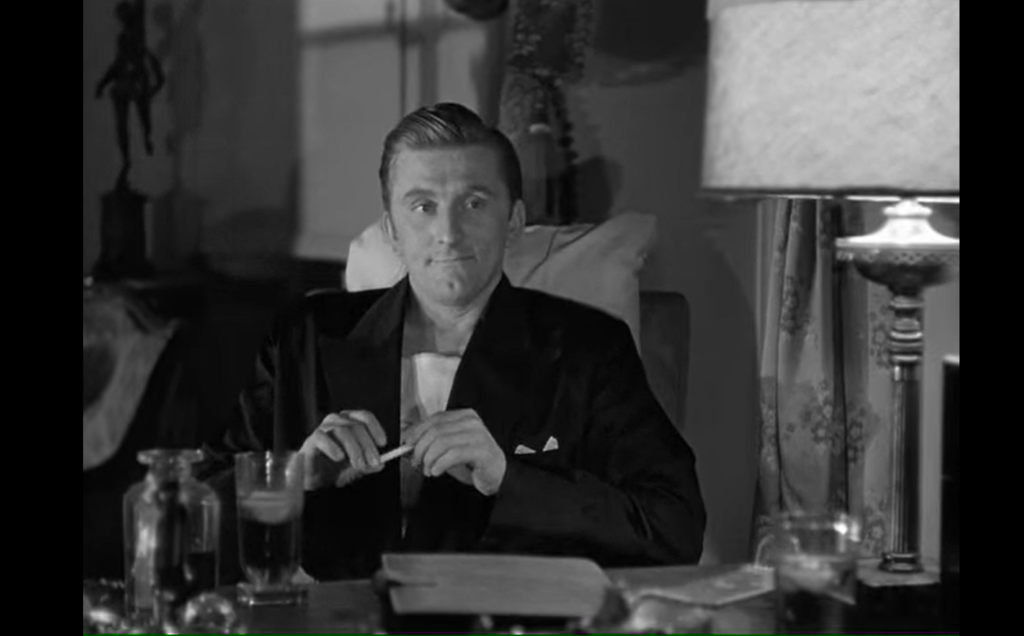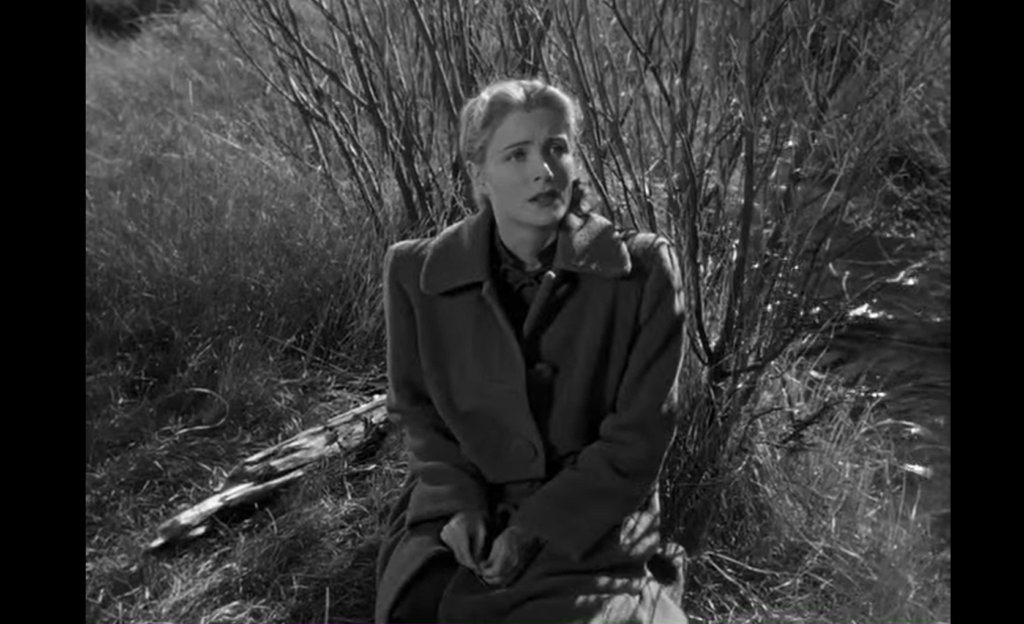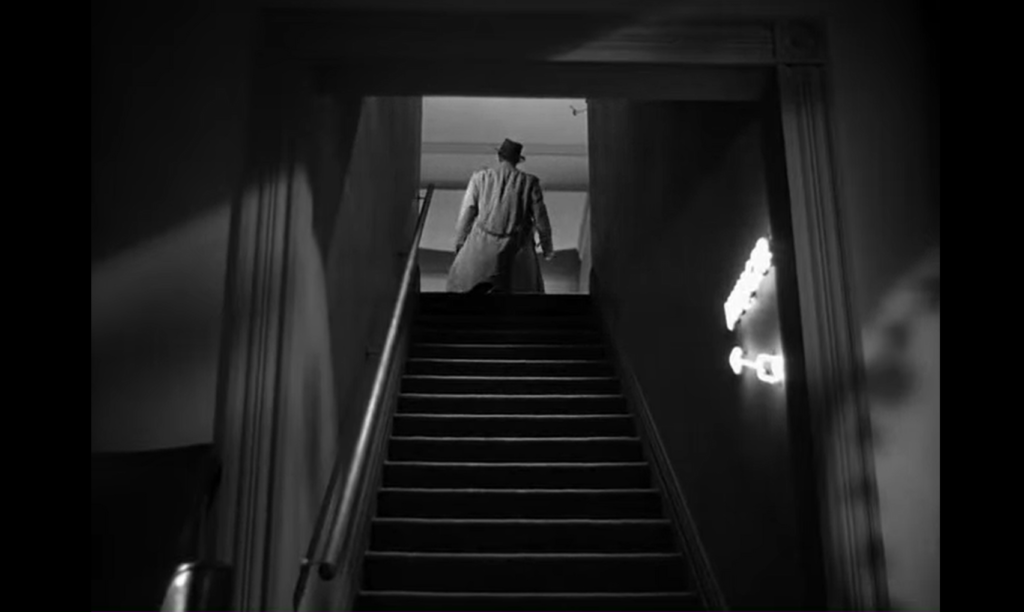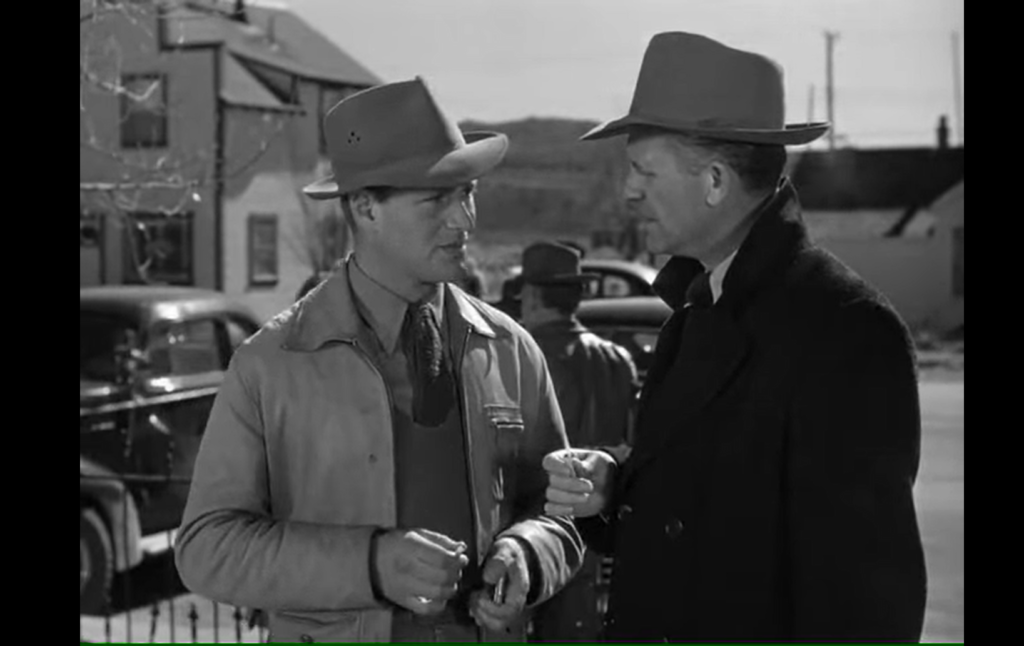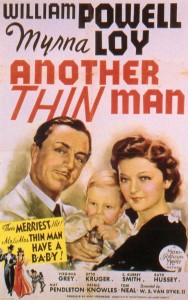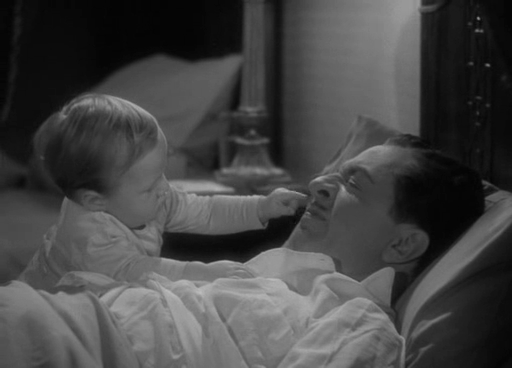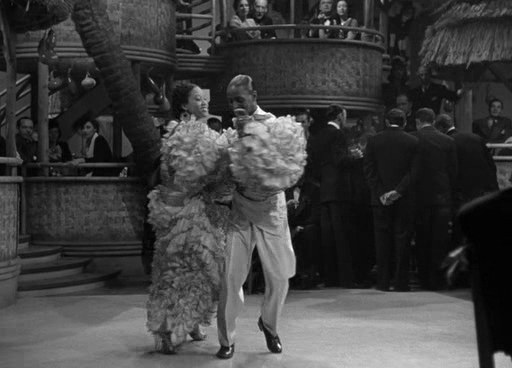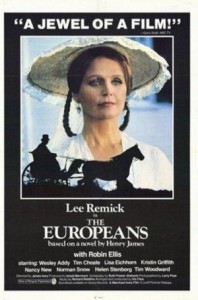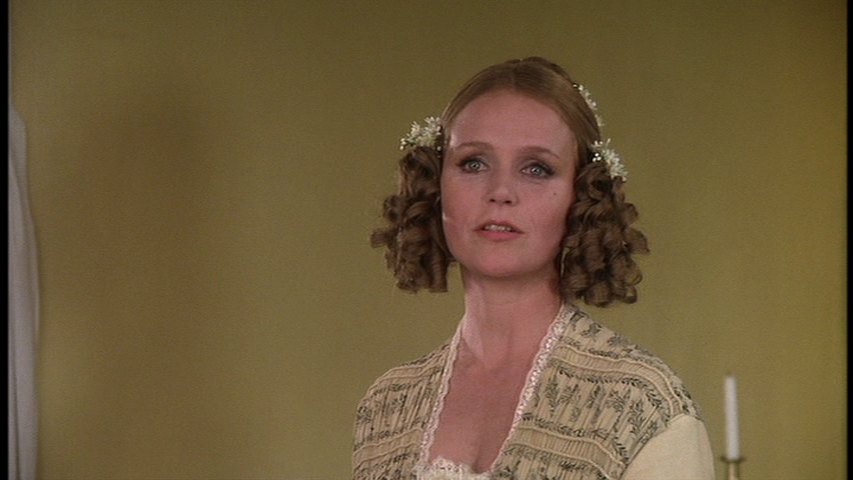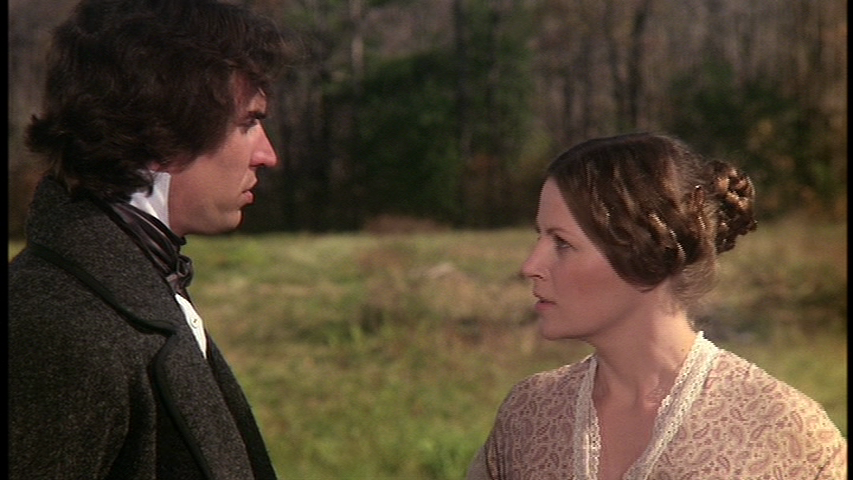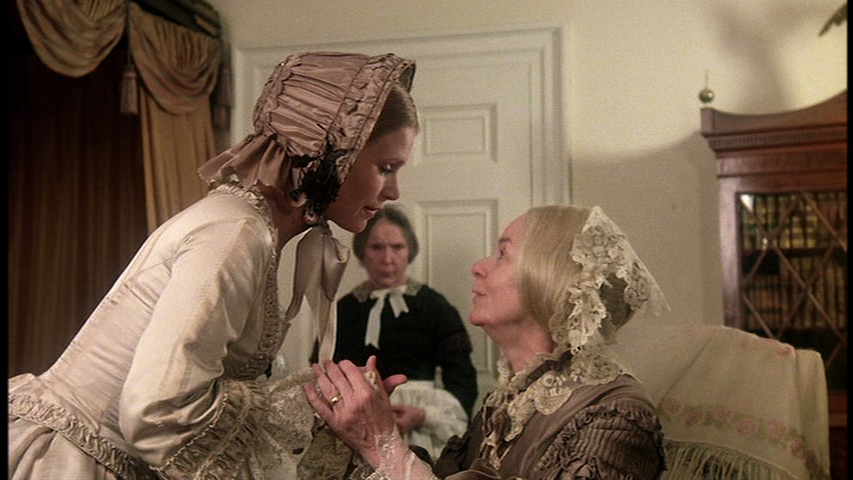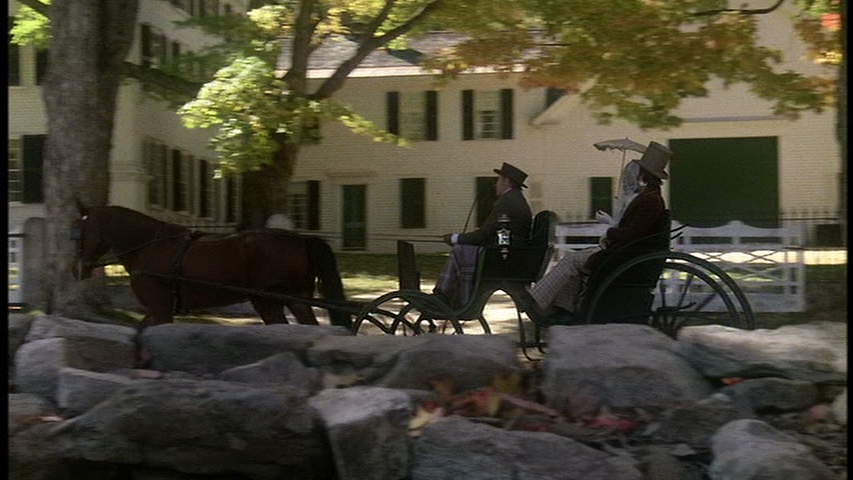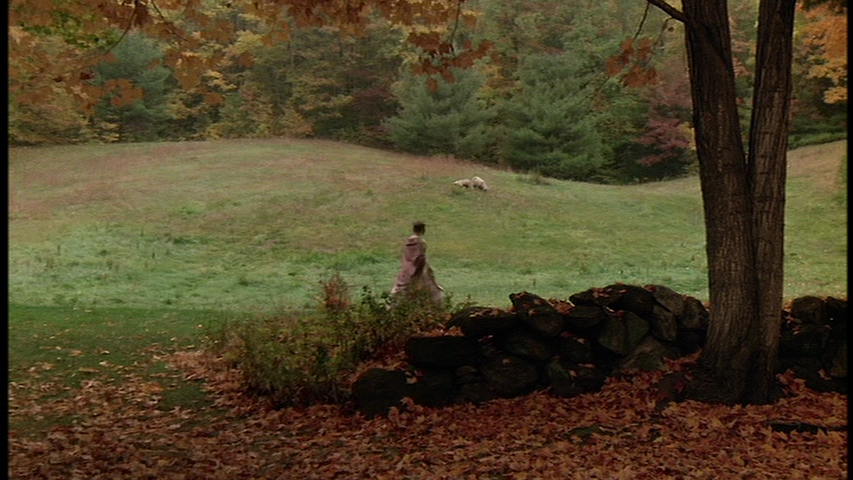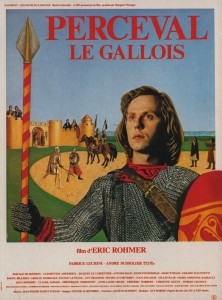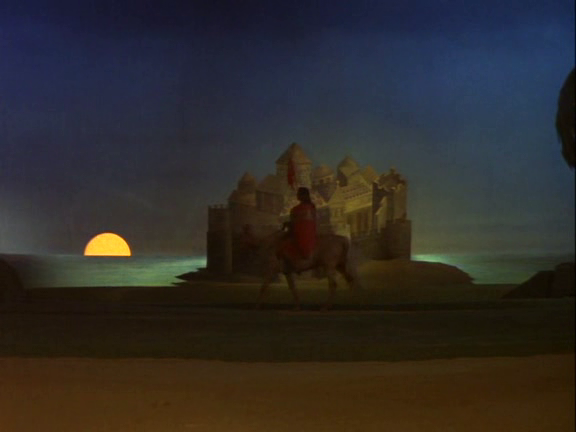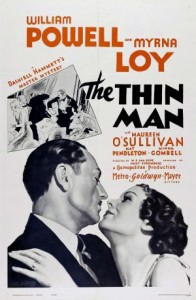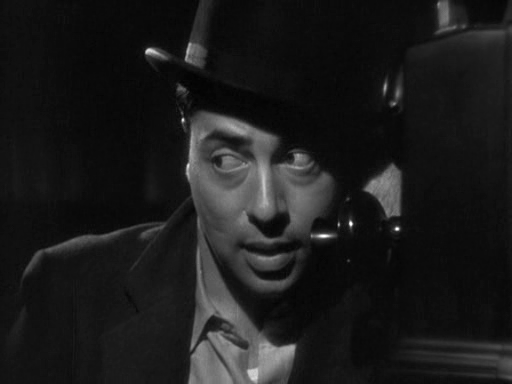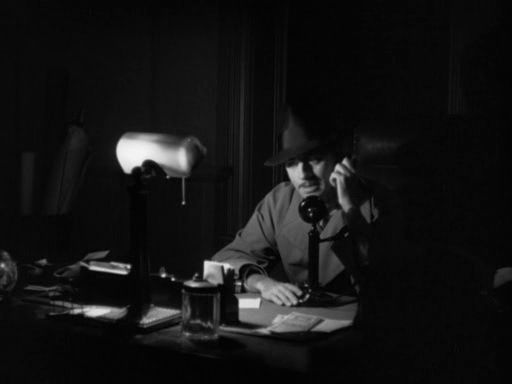|
Genres, Themes, Actors, and Directors:
- Actors and Actresses
- Anne Bancroft Films
- Aspiring Stars
- Bette Davis Films
- Celeste Holm Films
- Flashback Films
- Friendship
- Gary Merrill Films
- George Sanders Films
- Hugh Marlowe Films
- Joseph L. Mankiewicz Films
- Marilyn Monroe Films
- Obsessive Fans
- Thelma Ritter Films
Review:
Although Peary doesn’t review All About Eve in his Guide for the Film Fanatic (it’s included in the Appendix as a title he mistakenly left out of the book’s first printing), he provides an in-depth overview of this tremendously popular “instant classic” in his first Cult Movies book. In this review, he writes that the “enormous appeal” of the film for “today’s moviegoers is quite obvious: for the curious, there’s Bette Davis and Gary Merrill, in love on-screen, falling in love off-camera…; for movie buffs, there’s Davis and Marilyn Monroe [in a bit part], one former and one future box office queen, in their only film together; for Davis cultists, there’s the great resurrected actress breathing fire into what is, arguably, her greatest role…; for connoisseurs, there are delectable supporting performances…; for the discriminating, high-brow viewers, there’s a clever, highly intelligent script… remarkably performed by an outstanding ensemble”. In addition, he notes that “most film fans, having by nature an antitheater bias, can delight in having their worst suspicions confirmed about theater people”, given that “jealousy, insecurity, and in-fighting over parts and partners reign supreme”. (Of course, none of this EVER happens in Hollywood…!)
With that said, Peary does point out that not all critics are unanimously impressed by the film. Some, for instance, “blame Anne Baxter’s lack of depth as an actress for making Eve Harrington come across as an essentially shallow character”. But Peary convincingly argues that “Eve is shallow by design”, “limited by her own superficiality” and unable to “lay down a victorious trump card because she has none”. Indeed, he astutely notes that “if Eve were the strong character that some critics wanted Anne Baxter to play her as, she could never have wound up as the kept woman of a man who only selects from the bottom of the barrel” (ouch!). Baxter, I believe, is ultimately fine and well-cast in the title role — but it’s Davis as Margo Channing who remains the film’s undeniable viewing magnet. Channing — “perhaps the most dynamic woman ever to appear on the screen” — is “intelligent, opinionated, high-strung, temperamental, and… adept at unleashing funny one-liners”, but what’s most interesting about her character is how “contradictory” she is: she’s “vain, but self-effacing”, “self-reliant one minute and dependent the next”. It’s no wonder Merrill’s character is so fascinated by this enigmatic, all-too-human diva!
(potential spoiler alert)
While I appreciate the film’s enduring central melodrama of rivalry and back-stabbing, what struck me most upon revisiting All About Eve recently is what a strong statement it makes about the power of friendship. The film’s narrator, after all, is Margo’s best friend (Celeste Holm), whose loyalty to Margo may be sorely tested by the intrusion of Eve in their lives, but is never permanently severed. During a pivotal scene later in the film, Margo, Karen (Holm), Bill (Merrill), and Lloyd (Hugh Marlowe) sit around a restaurant table together, and Margo mentions how much the couples’ friendship means to her — this, along with her romantic commitment to Bill, ultimately emerges as the most important triumph in her storied existence. Although Eve may get what she (thinks she) wants by brutally clawing her way past any obstacles that stand in her way, the film’s clever denouement provides all the proof we need that Eve’s lonely path won’t afford her nearly the satisfaction that Margo has earned in all other areas of her life. It is also interesting, as Peary points out, to note that in the “final section of the picture”, “Bill and Lloyd, with Margo’s blessing, work with Eve in a new play” — the point being that “in the theater, talented people are accepted, regardless of character”. Be duly forewarned.
Redeeming Qualities and Moments:
- Bette Davis as Eve (nominated as one of the Best Actresses of the Year in Peary’s Alternate Oscars)
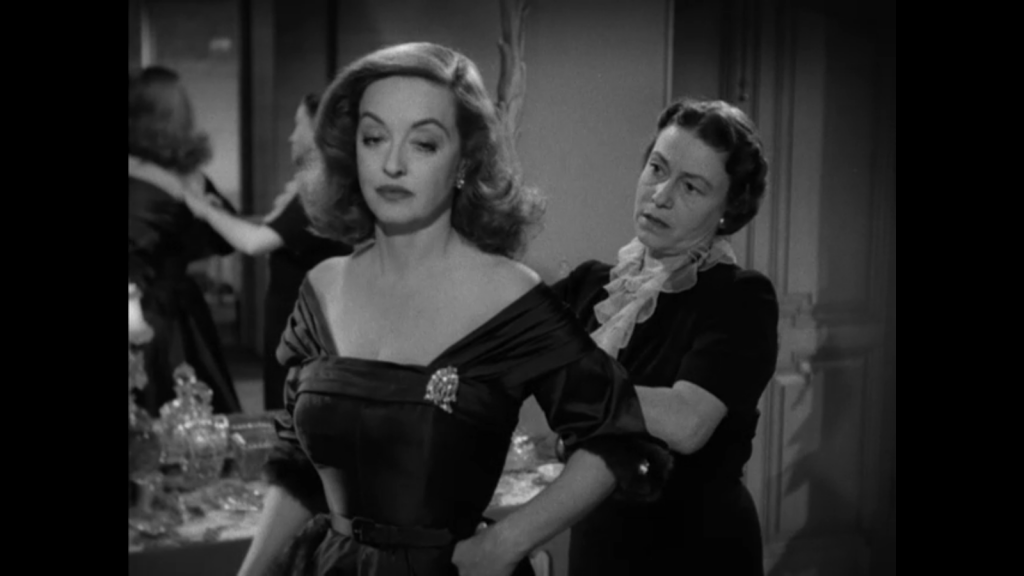
- George Sanders as Addison DeWitt
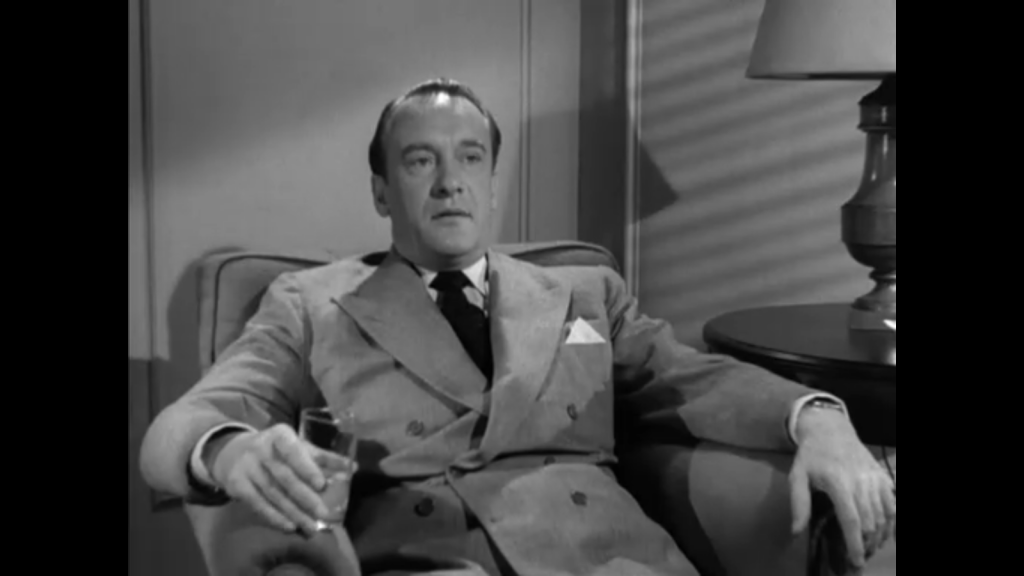
- Anne Baxter as Eve: “externally cool, calculating and controlled, yet empty at the core”
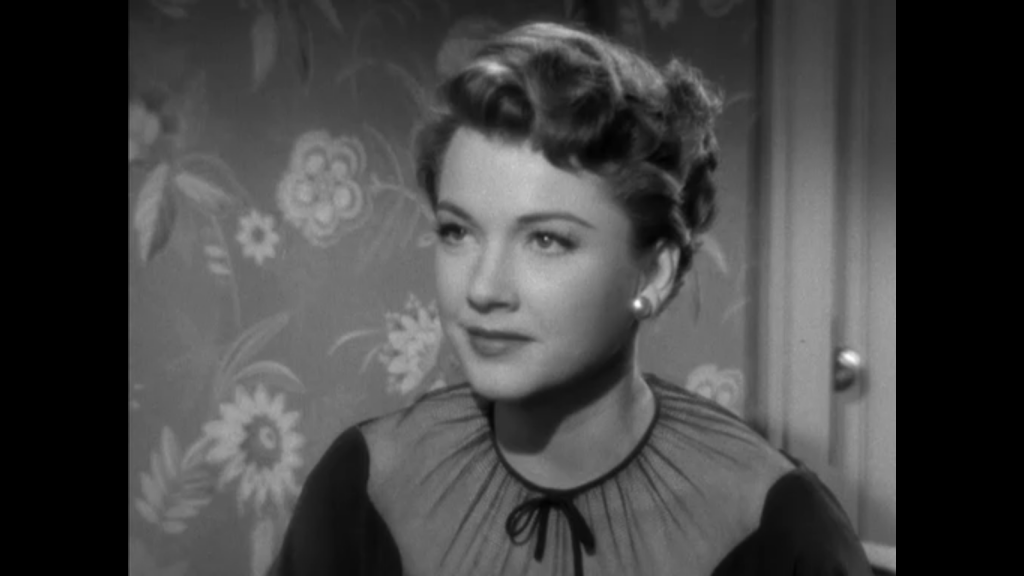
- Gary Merrill as Bill
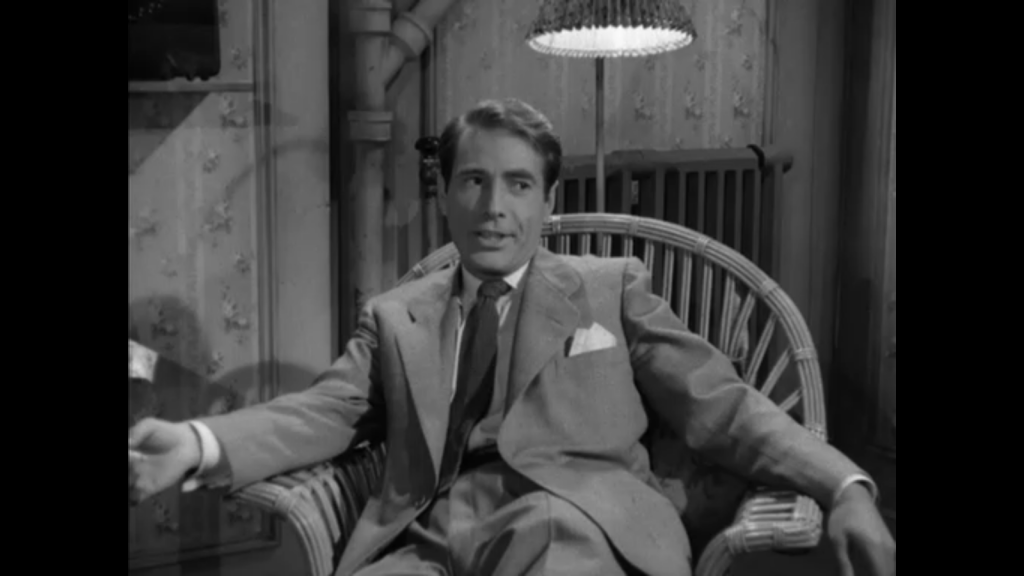
- Celeste Holm as Karen
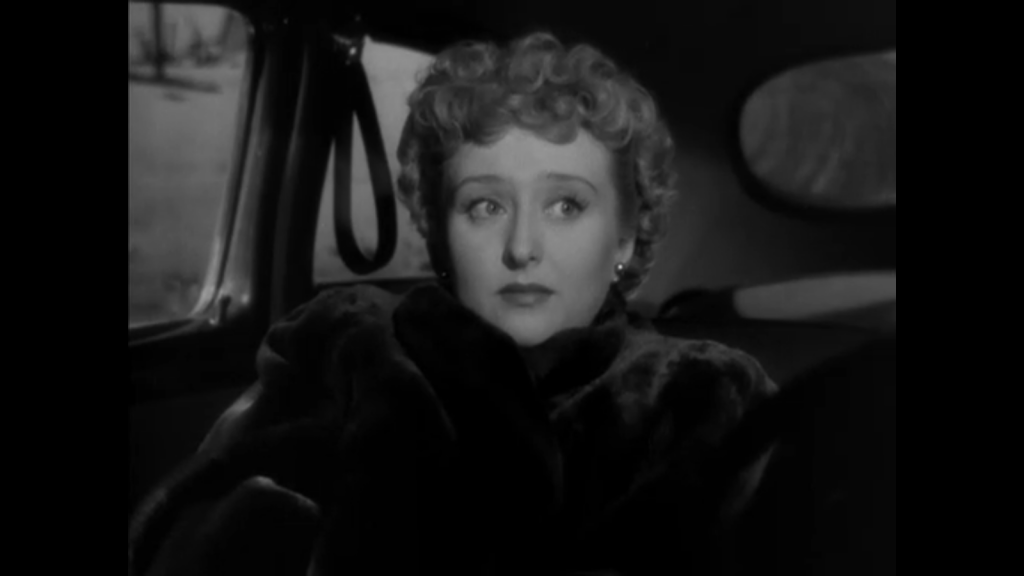
- Joseph Mankiewicz’s infinitely quotable screenplay (one of the “best scripts in cinema history” — and the “first movie script to be published… as a hardcover book”): “Fasten your seatbelts, it’s going to be a bumpy night!”
Must See?
Yes, of course. Listed as a film with Historical Importance, a Cult Movie, and a Personal Recommendation in the back of Peary’s book. Nominated by Peary as one of the best movies of the year in his Alternate Oscars.
Categories
- Genuine Classic
- Noteworthy Performance(s)
- Oscar Winner or Nominee
(Listed in 1001 Movies You Must See Before You Die)
Links:
|
